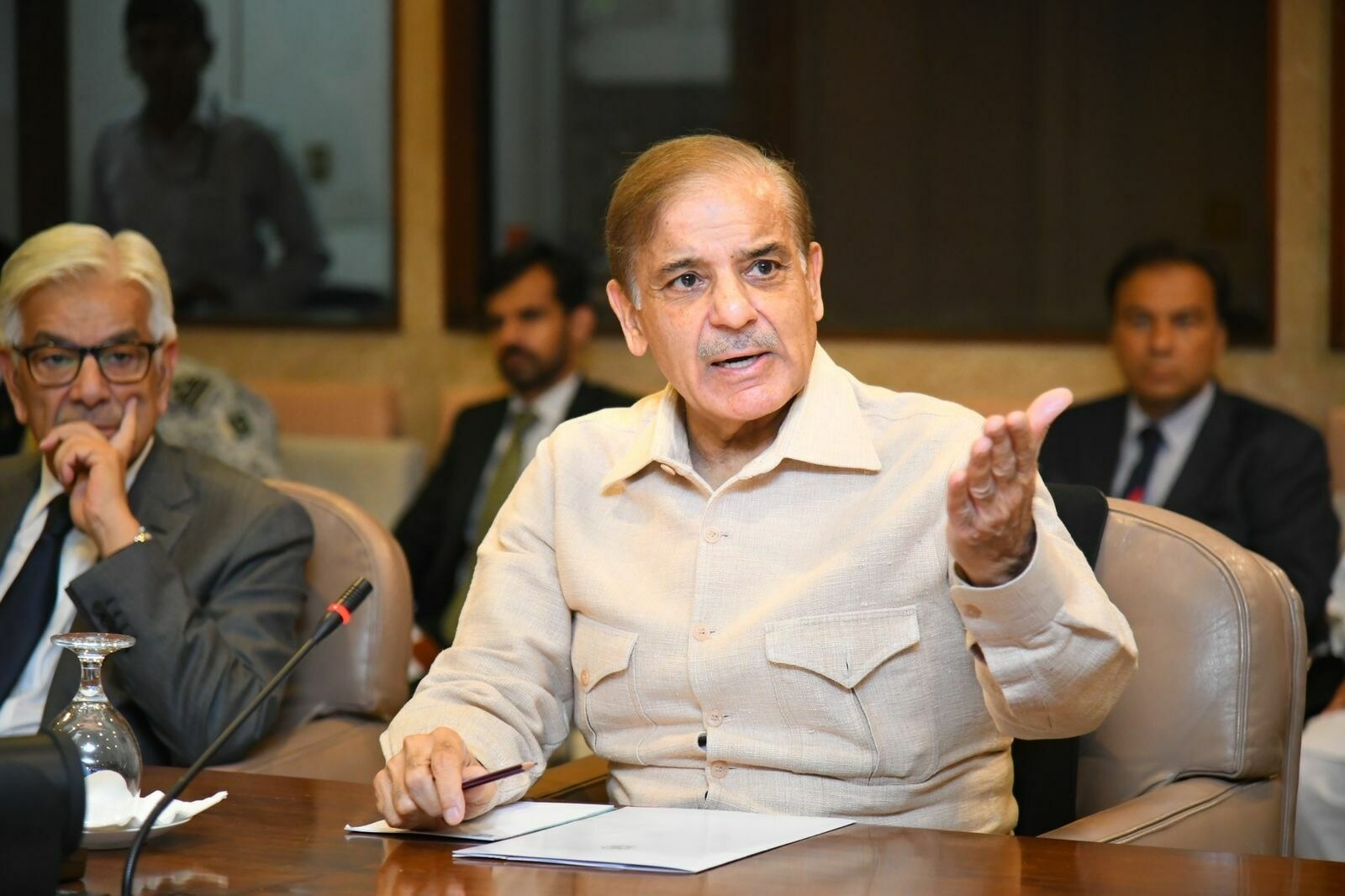Prime Minister Shehbaz Sharif on Friday gave the green light to Pakistan’s first-ever Skills Impact Bond (SIB). This innovative, performance-based financing model aims to equip the country’s youth with demand-driven and employable skills, opening doors to both domestic and international job markets.
The landmark decision was announced during a high-level review meeting chaired by the Prime Minister on the country’s youth employment roadmap. The initiative forms a core part of the government’s broader vision to make Pakistan’s youth the driving force of national economic development.
The Skills Impact Bond will function on a “Pay-for-Success” model, where private investors fund skill development programmes, and public or donor money is disbursed only when independently verified outcomes—such as job placements or increased income levels—are achieved.
This structure not only ensures accountability and transparency, but also attracts private sector participation in human capital development. By tying funding to measurable success, the government aims to maximize return on investment in skill development initiatives.
Addressing the participants of the meeting, Prime Minister Shehbaz Sharif described Pakistan’s youth as the nation’s most valuable asset. “Providing quality education and employable skills will change the destiny of this country,” he said.
He directed concerned departments to expand access to modern, market-aligned skill sets, and ensure that training programmes prepare individuals for overseas employment by incorporating language training for countries with high employment potential.
To ensure continuous progress, the prime minister instructed the preparation of a comprehensive roadmap, reflecting job market demands both locally and globally. “I will personally assess progress every two months,” he announced.
A key pillar of the government’s youth employment strategy is the Digital Youth Hub, a tech-driven platform designed to connect youth with employment and educational opportunities.
Officials briefed the Prime Minister that:
- Over 500,000 individuals have registered on the platform.
- More than 1.7 million downloads of the mobile application have been recorded.
- The portal features:
- 47,000+ domestic job listings
- 100,000+ overseas job openings
- 2,000+ scholarships
- Connectivity with 500+ partner institutions, including Pakistani embassies, multinational companies, government departments, and international NGOs like the United Nations.
Shehbaz Sharif called for an awareness campaign to promote the Digital Youth Hub among the general public and ensure that the youth are aware of the platform’s benefits.
The review meeting also assessed the performance of critical departments, including:
- Prime Minister’s Youth Programme
- Ministry of Overseas Pakistanis
- National Vocational and Technical Training Commission (NAVTTC)
The Prime Minister praised their progress, terming it satisfactory, and emphasized the need for continued collaboration to achieve concrete employment results.
The meeting underscored the importance of aligning efforts across ministries and institutions to avoid duplication and ensure that training translates into sustainable livelihoods.
Another key focus was on promoting entrepreneurship and self-sufficiency among the youth. Officials discussed annual employment targets under the youth programme, which includes support for start-ups, access to micro-financing, and entrepreneurial training modules.
Federal Ministers Ahsan Iqbal and Attaullah Tarar, along with Chairman of the Prime Minister’s Youth Programme Rana Mashhood Ahmad Khan, MNA Amna Batool, and other senior government officials attended the session and contributed to the discussions.
The Skills Impact Bond is not just a national strategy—it aligns Pakistan with global best practices in performance-based development financing. Countries such as the UK, India, and South Africa have already piloted similar models with remarkable outcomes in youth employability.
With the world’s fifth-largest youth population, Pakistan stands to benefit immensely from such models. By engaging private investors and holding implementers accountable to outcomes, the government is shifting the paradigm from input-based to results-based spending.




